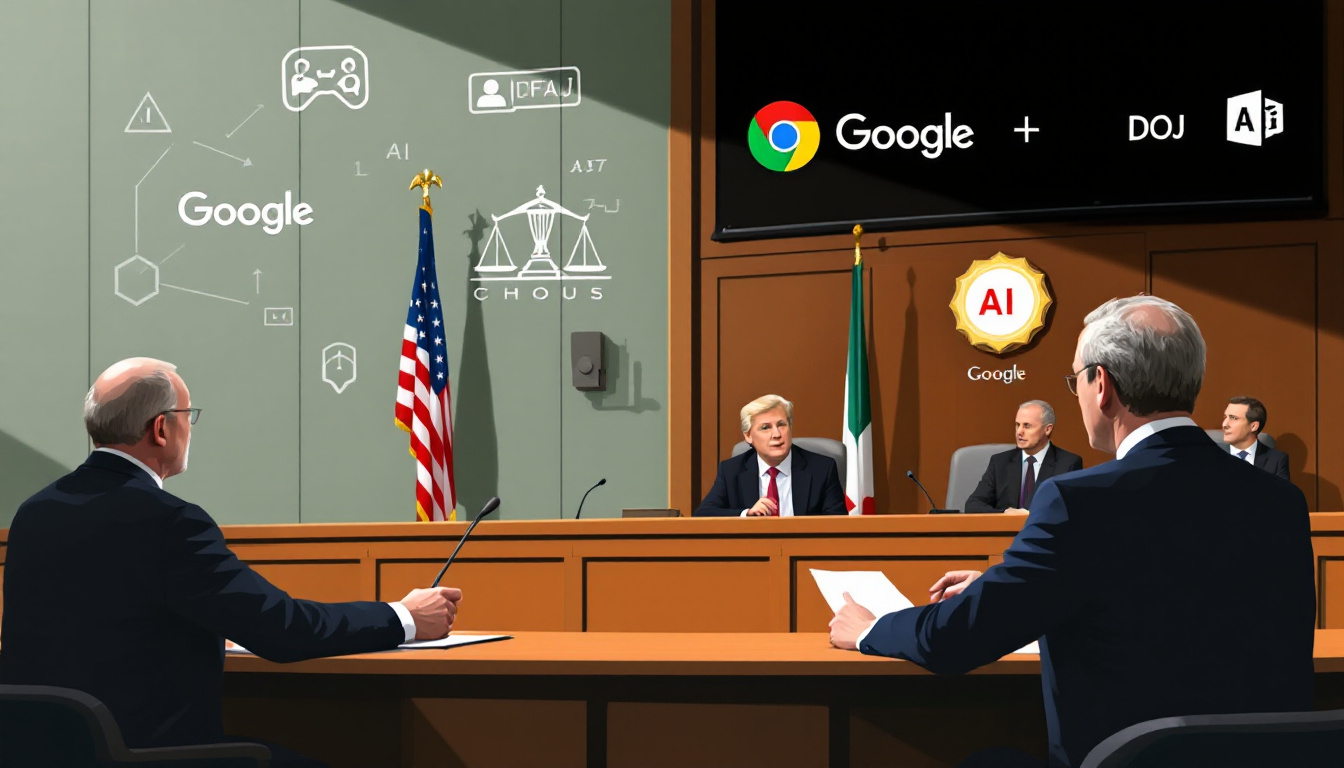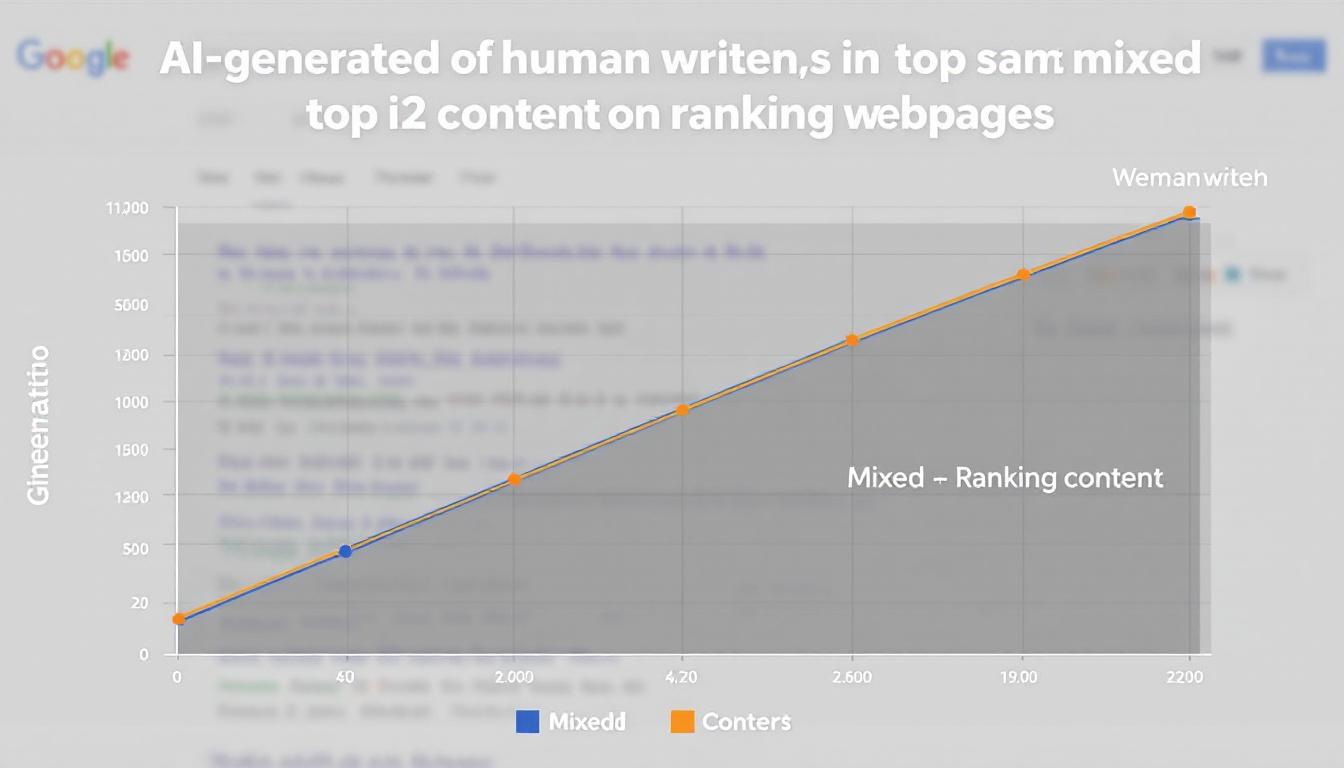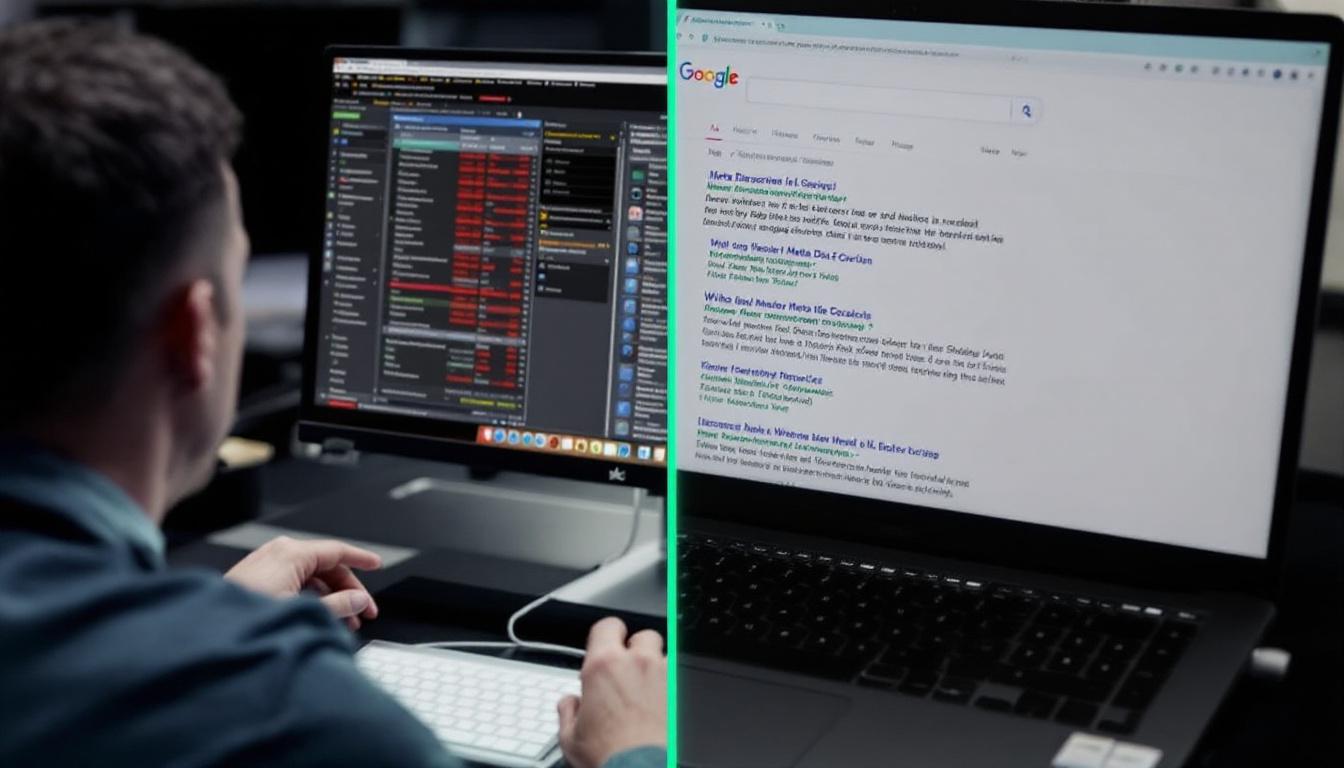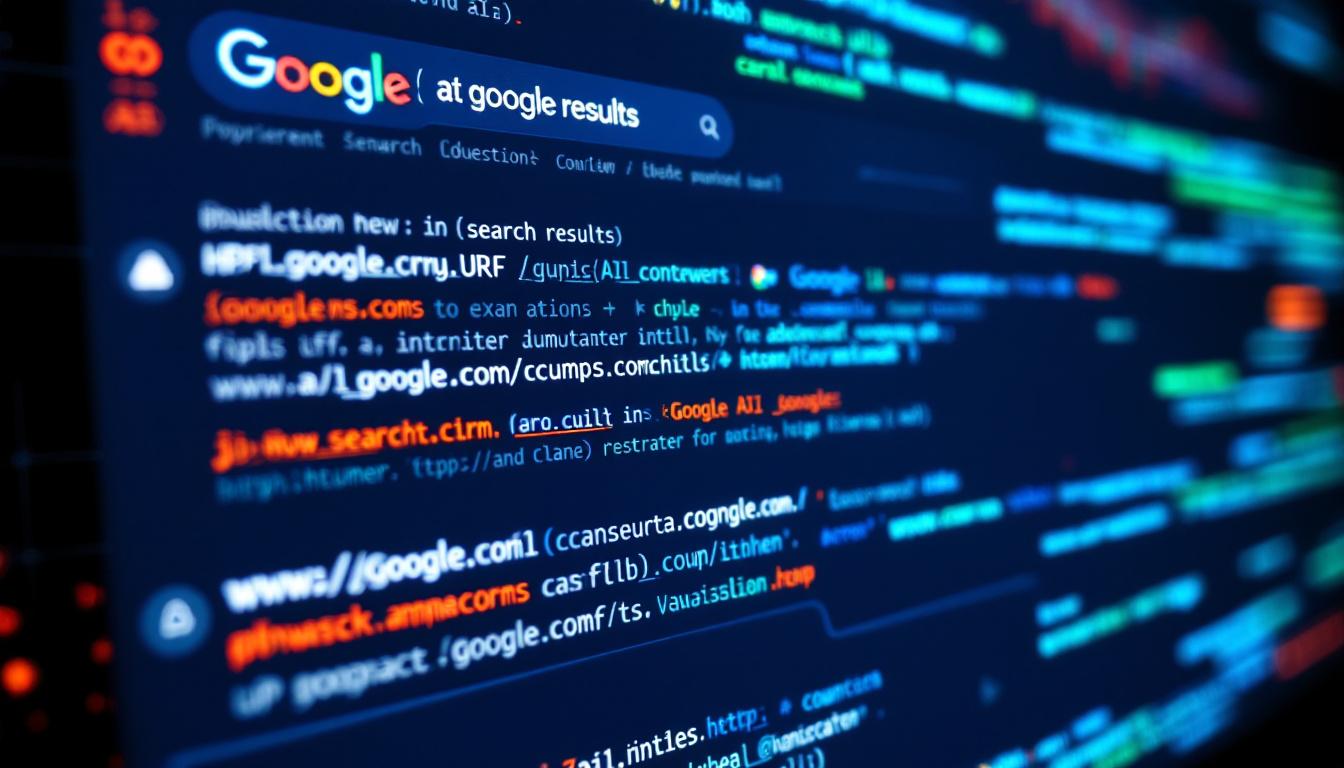The Department of Justice has entered a critical phase in its antitrust lawsuit against Google, advocating for significant changes to curb the tech giant’s extensive control over the search and AI landscapes.
Writecream
Your ultimate secret weapon for SEO, sales, and marketing success.
As the trial progresses, both parties present starkly contrasting visions for the future of digital search and artificial intelligence.
Government Seeks Major Reforms to Curtail Google’s Monopoly
The Justice Department is pushing for sweeping modifications to dismantle Google’s entrenched position in the market, following a judicial ruling that highlighted the company’s anti-competitive practices.
Breaking Up Chrome and Other Key Demands
Among the proposed measures, the DOJ has outlined several specific actions aimed at reducing Google’s market dominance.
The government is requesting that Google divest its Chrome browser, terminate exclusive search agreements with major device manufacturers like Apple and Samsung, and share its search algorithms with competitors.
Additionally, the DOJ seeks to impose restrictions on Google’s AI partnerships and may even advocate for the sale of the Android platform if other remedies prove ineffective.
Assistant Attorney General Gail Slater emphasized the historical significance of the case, comparing Google’s current market position to past monopolies such as Standard Oil and AT&T.
The DOJ’s strategy is to implement these changes to prevent Google from further extending its influence into the burgeoning field of artificial intelligence.
Google Counters DOJ’s Plan, Citing Risks to Technological Progress
Google has strongly opposed the government’s proposals, arguing that such measures would impede innovation and harm both consumers and the tech industry.
Maintaining Innovation and Protecting Privacy
In response to the DOJ’s demands, Google outlines several concerns regarding the potential negative impacts of the proposed changes.
Google’s legal team, led by Attorney John Schmidtlein, dismissed the DOJ’s proposals as favoring competitors over fostering genuine technological advancements.
They argue that forced divestitures and data sharing could stifle the company’s ability to innovate, particularly in the competitive race against international rivals like China.
Moreover, Google warned that sharing search data could compromise user privacy and that ending exclusive deals would increase costs for device manufacturers and consumers alike.
In a blog post preceding the trial, Google Vice President Lee-Anne Mulholland stated that the DOJ’s requirements would not only hinder AI development but also impose unnecessary regulatory oversight on their products, potentially disadvantaging American technological leadership on the global stage.
Perplexity Presents Alternative Approach Favoring Consumer Choice
Amid the legal battle, AI search startup Perplexity has proposed a different solution aimed at enhancing consumer options without disrupting market dynamics.
Advocating for Flexibility in Android’s Ecosystem
Perplexity suggests that promoting choice rather than enforcing breakups could be a more effective remedy to the DOJ’s concerns.
CEO Aravind Srinivas expressed reservations about the feasibility of splitting off Chrome, suggesting that maintaining a browser at Google’s scale is challenging without compromising quality.
Instead, Perplexity’s strategy focuses on loosening Android’s stringent app requirements, advocating for the ability to install competing apps without penalties.
Their blog post titled “Choice is the Remedy” argues that allowing more flexibility within the Android ecosystem would provide consumers with better options and foster a healthier competitive environment.
Perplexity contends that Google’s dominance stems not from superior products but from enforced partnerships that limit consumer choices, thereby advocating for regulatory changes that promote a more open and competitive market.
AI’s Role Intensifies the Battle for Search Engine Supremacy
The intersection of artificial intelligence and search technology has become a focal point in the trial, highlighting the evolving nature of competition in the digital space.
Integration of AI Enhances Google’s Market Strategy
As AI continues to influence user interactions with search engines, the DOJ scrutinizes how Google’s AI advancements may reinforce its search monopoly.
The DOJ contends that Google’s integration of AI into its search services creates a feedback loop that perpetuates its dominance, as AI-driven searches funnel users back to Google’s primary search platform.
During the trial, Nick Turley, head of OpenAI’s ChatGPT product, is set to testify, providing insights into how traditional search functions are now deeply intertwined with AI technologies.
This synergy between AI and search capabilities underscores the importance of the case, as decisions made here could shape the future landscape of technological innovation and competition.
The Road Ahead for the Antitrust Trial
Looking forward, the trial is expected to continue for several weeks, with multiple stakeholders providing testimonies that could influence the final outcome.
Key Participants and Potential Outcomes
The involvement of major industry players and the possibility of appeals add layers of complexity to the proceedings.
Representatives from companies like Mozilla, Verizon, and Apple are scheduled to present their perspectives, offering a comprehensive view of the market dynamics at play.
Google has indicated its intention to challenge the court’s decision through an appeal if the final judgment does not align with its interests.
This case marks one of the most pivotal antitrust actions in the tech sector since Microsoft’s legal battles in the late 1990s, reflecting a bipartisan commitment to addressing the consolidation of power among major technology firms.
Assistant Attorney General Slater noted the enduring nature of the case, highlighting its initiation during President Trump’s administration and its continuation across subsequent administrations, emphasizing its national significance.
The Bottom Line
The unfolding antitrust trial against Google represents a landmark moment in the fight against tech monopolies.
With the Justice Department pushing for transformative changes and Google defending its business model, the outcome of this case could redefine the structure of the digital marketplace.
As AI continues to play a pivotal role in shaping user experiences, the decisions made in the coming weeks will have lasting implications for competition, innovation, and consumer choice in the technology sector.








